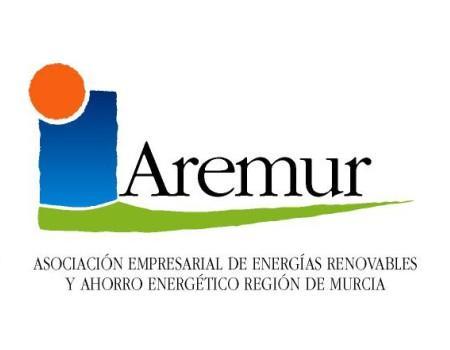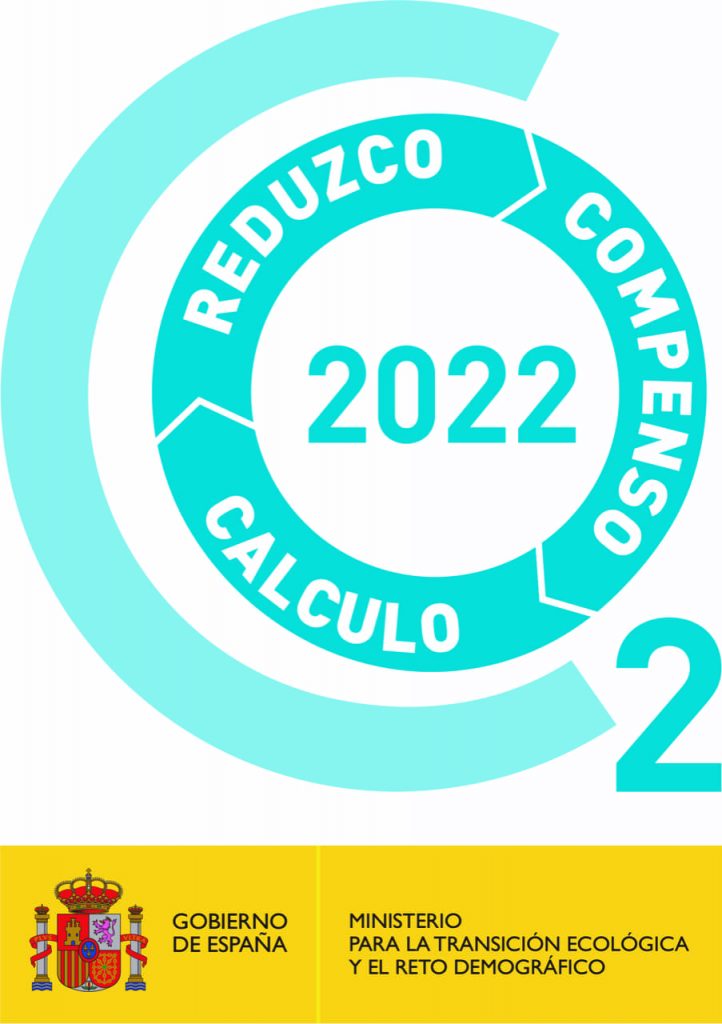




© 2023 RDS. All rights reserved. Designed and developed by delefant
Are you wondering how much energy a solar panel can generate in Spain? The answer depends on several factors such as location, orientation and efficiency. This guide will help you understand these factors and calculate the appropriate kWh power for your energy needs. In addition, we offer you tips for a successful installation. Don’t miss it!
Table of Contents
ToggleThe amount of energy a solar panel can produce depends on various factors that influence its performance and efficiency. By understanding these factors, we can get a clearer idea of the power generating capacity of a solar panel.
Solar radiation is a fundamental factor in the production of solar energy. At a peak solar hour, the intensity of sunlight reaches 1,000 watts per square meter. These hours of maximum solar radiation are the most suitable for generating electricity through solar panels.
The power of a solar panel is measured in watts and is directly related to its power generation capacity. The higher the power of the solar panel, the greater its ability to produce electricity. The maximum power of a solar panel refers to the maximum amount of electrical energy it can generate under ideal conditions.
Understanding these factors and their relationship to energy production will help us make informed decisions when choosing the right solar panel for our energy needs.
To determine the appropriate power of a solar panel, it is necessary to carry out a calculation based on the energy needs of each particular case.
The first step in choosing the appropriate kWh power is to identify the daily consumption in kWh. To do this, you must take into account the amount of energy that is used daily in the place where the solar panel will be installed.
Once the daily consumption in kWh has been determined, it must be multiplied by the number of days that you want to cover with solar energy. Por ejemplo, si se desea cubrir el consumo de un mes, se multiplicará el consumo diario por 30.
For example, if you want to cover a month’s consumption, you will multiply the daily consumption by 30. Additionally, it is advisable to add a safety margin to avoid falling short in energy production.
In addition to energy needs, there are other factors to consider when determining the ideal kWh power of a solar panel:
As an example, let’s assume that daily consumption is 15 kWh and you want to cover a period of 30 days. The calculation of the kWh power would be as follows:
Daily consumption: 15 kWh
Days to cover: 30
Required kWh power: 15 kWh/day x 30 days = 450 kWh
In this case, it would be advisable to look for solar panels whose maximum power is close to or exceeds 450 kWh to ensure sufficient solar energy production.
To maximize a panel’s solar energy production, it is important to consider several additional factors that can influence its performance.
Geographic location plays a crucial role in solar energy production. Regions closer to the equator tend to receive more solar radiation, resulting in higher kWh generation. Additionally, weather conditions, such as the presence of clouds or the amount of rain, can affect the amount of sun available to the solar panel. In Spain, due to its privileged location, solar radiation is quite high, which favors the production of solar energy.
The efficiency of the photovoltaic system has a direct impact on the amount of energy a solar panel produces. A more efficient system will convert a greater amount of solar radiation into usable electricity. Additionally, the condition of the solar panel is crucial, as panels can degrade over time due to exposure to the elements and other factors. Solar panel in good condition and well maintained will have a greater capacity to produce kWh.
The orientation and tilt of the solar panel also influence its energy production. In Spain, it is recommended to install the panels facing south to make the most of the sun. Additionally, the optimal inclination of the panels may vary depending on latitude. An inclination is suggested that allows the panel to receive maximum solar radiation throughout the year. A suboptimal angle can result in decreased power production.
Once the factors that influence the energy production of a solar panel are understood, it is important to know how the amount of kWh it can generate is calculated. There is a simple formula to determine both daily production and annual production.
The basic formula to calculate daily energy production in kWh is as follows:
To calculate annual production, we simply multiply daily production by 365 days. This will give us an estimate of the amount of energy a solar panel can generate in a year.
Suppose we have a solar panel with a power of 300W and we have an average of 5 usable solar hours per day. Using the above formula, we can calculate the daily energy production:
Thus, this solar panel could generate approximately 1.5 kWh of electrical energy per day. If we multiply this amount by 365, we would obtain an estimate of annual production.
It is important to note that this example is only an estimate and actual production may vary depending on specific installation conditions and the region where you are located. Therefore, it is advisable to consult with solar energy experts for a more accurate and personalized evaluation.
Investing in solar energy by installing solar panels is a smart and sustainable decision. Below are some final considerations and recommendations for a successful installation in your home or workplace.
Each solar panel installation is unique and depends on various factors. Therefore, it is recommended to seek advice from a solar energy specialist. An expert will be able to perform a personalized analysis taking into account your energy needs, the available space and the specific conditions of your geographical location.
Before making a decision, it is essential to carefully evaluate the energy needs of the location where the installation will be carried out. This involves considering daily consumption in kilowatt hours (kWh) and the number of days that you want to cover with solar energy. In addition, it is necessary to evaluate the characteristics of the location, such as the orientation and inclination of the roof or terrain, as well as the presence of shadows or obstacles that may affect the efficiency of the solar panels.
To obtain more detailed information about the costs, benefits and specific requirements of your solar panel installation, it is advisable to request a free quote from specialized companies. These companies will be able to provide you with specialized advice and guide you in the process of selecting the most suitable solar panels for your needs. Remember to compare different options and ask for references before making a final decision.
Choosing the most suitable option for solar panels and their installation can make a difference in terms of efficiency, energy savings and reduction of your carbon footprint. Don’t hesitate to seek up-to-date information and professional guidance to benefit the most from this clean, renewable source of energy.
The amount of kWh that a solar panel produces in Spain, like anywhere else in the world, depends on a number of key factors. These factors include geographic location, panel orientation and tilt, available sunlight hours, system efficiency, and the power of the panel itself. It is essential to understand these factors and make a proper calculation of your specific energy needs before making the decision to invest in solar panels.
We know that solar energy may seem complex, but at RDS we are here to help and advise you on everything you need. If you are interested in talking to us as a solar panel installer for your next solar energy project, contact us for guidance and personalized information that our own in-house experts will recommend.